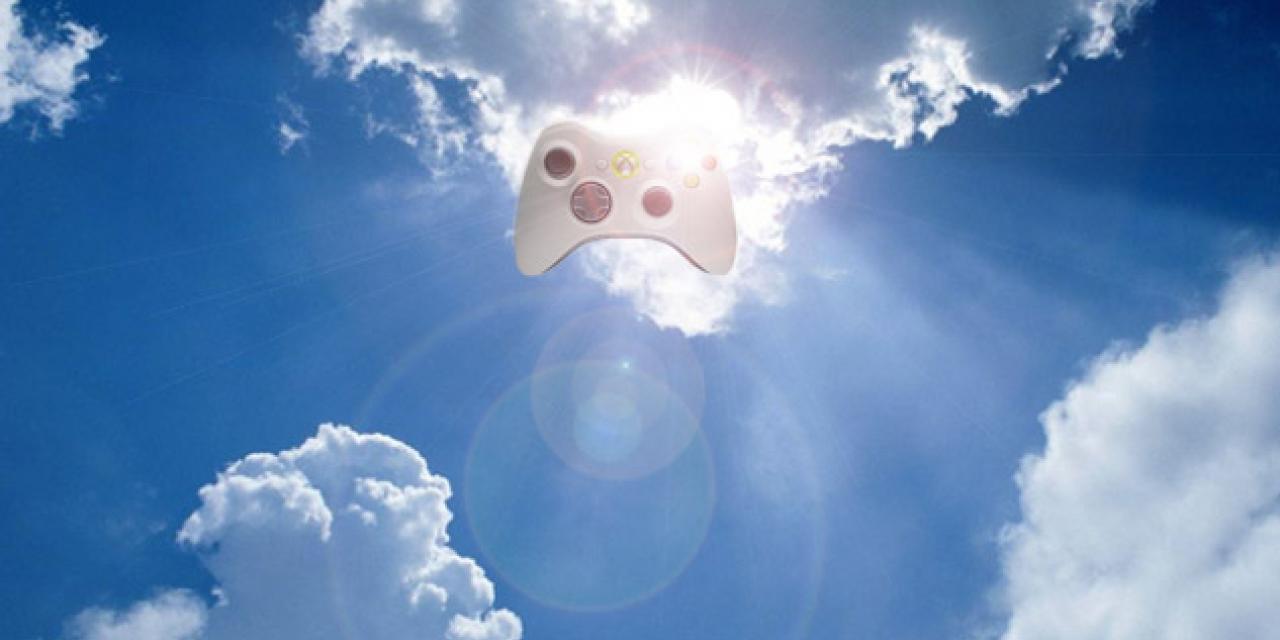
While game streaming has been a bit of a back-seat player in the gaming industry over the past couple of years, recent developments could catapult it into the mainstream. With Sony buying up Gaikai and Google announcing its partnership with Marvell to bring OnLive to its TV sets, will this mean we all end up disowning our PCs and consoles in favour of remote gaming?
To date, while streaming services have been seen as an ok alternative to standard PC or console gameplay, the question always remained: why bother when the real deal is better and somewhat comparative in terms of cost? Upgrading your PC graphics card will allow you to play most of the game's that OnLive will, while you can pick up an Xbox 360 for under $200 with ease. The quality of streamed titles has also been debatable.
However that is all beginning to change. Gaikai has been working with Nvidia's GRID technology, doubling frame rates to provide a console like experience. OnLive is also purportedly working on improving its servers and streaming technology, allowing for a higher quality, smoother experience than is currently available. Also, with the increasing rollout of fibre optics around the world, consumer bandwidth is going to take a big jump, making high def. streaming seem easy.
So how will this type of gaming affect the current climate?
For one, the inclusion in TV sets like Google's will open up a new market that wasn't there before. People who have never bought a console, or perhaps haven't kept up with the latest generation, will have easy access to any game they want. We've already seen World of Warcraft running on OnLive, no reason any other PC game couldn't be available too.
It could also bring the end to console exclusivity. What's the point in developing a game just for the Xbox 360 or 720, if all that happens is OnLive users can play it on their TV. Conversely, will Sony leverage its Gaikai purchase to limit the streaming service to only PlayStation compatible games? That probably wouldn't be the smartest plan, but it wouldn't be the first time a big company had circled its wagons instead of embracing diversity.
Demos, try before you buy, new subscription model gaming – this is where OnLive and Gaikai could have a big effect. While for now it might not be providing a 1:1 console or PC gaming experience, it's certainly good enough as a way to try out a game before buying it and perhaps more importantly, without a lengthy download. In the future when that is the case, say goodbye to day 1 launch problems and hello to new ways of paying. How about pay per hour, or pay per level? These sorts of things are much easier to implement with a streaming service.
No patches – something many gamers will appreciate. Having a deal with developers could not only mean that patches are already applied, as well as not needing to go through the lengthy Microsoft or Sony certification periods. While it would still be nice if games were relatively bug free on launch, frequent patching is a close second and the quicker they can be brought into play the better. OnLive and Gaikai could enable that to be near instantaneous.
But what about the downsides? It seems unlikely that with even the ideal software and hardware scenario, certain experiences – FPS, beat 'em up and racing, where milliseconds really count – will ever be able to emulate the local experience. There's also the fact that as soon as you start subscribing instead of buying games, what rights to do you have over that title? What's to stop OnLive from deciding you haven't been playing by its TOS? Revoking your account, thereby denying you access to the hundreds of games you may have "bought" over a few years.
There's also a slight awkward business aspect. Gaikai has been working with Intel and Nvidia on its hardware, but there are rumours that the next generation PlayStation will be using AMD chips for graphics and central processing. How will that relationship fare? With Intel's history of anti-competitiveness, will it be able to work with Sony on one arm while AMD handles the other? We'll have to wait and see.
Ultimately many argue that – pros and cons aside – the success or failure of cloud gaming rests on the price. Netflix has done so well because it's only a few dollars a month for masses of content. If OnLive or Gaikai could emulate that, they might stand a very good chance of becoming a big player in the gaming industry. If not, it could remain an under-utilised niche.
